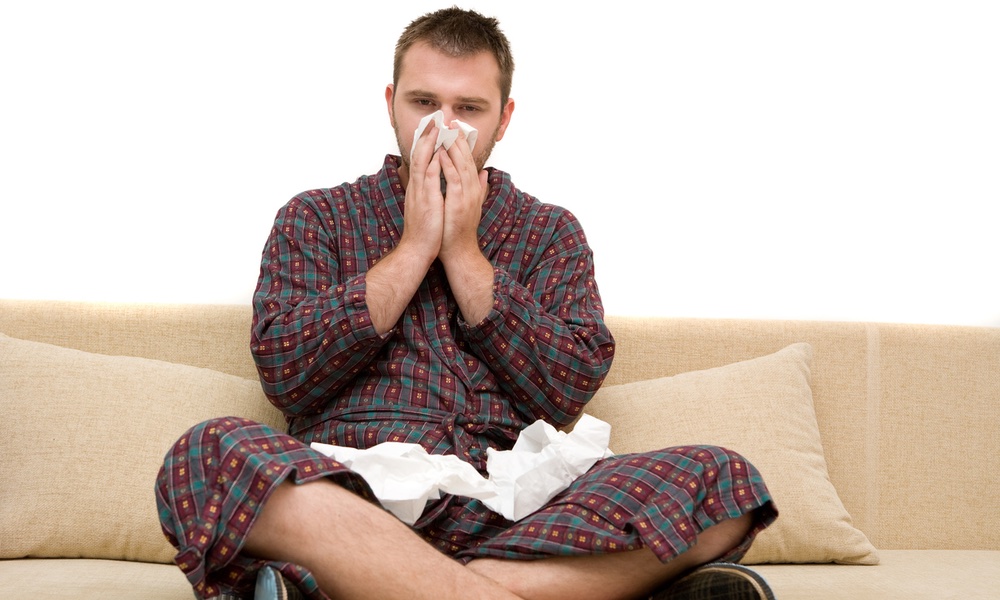If you’re planning to travel this summer, you should know that your hotel room may come with a unwelcome assortment of germs. A new study finds that bacteria may dwell on the various surfaces in hotel rooms. The television remote and the gear used to clean the rooms may be the biggest threats of all.
The team found higher amounts of bacteria in the usual places: bathroom sinks and toilet surfaces. But they also found higher levels of contamination on other high-use objects, like remote controls and light switches.
Researchers from three universities swabbed 19 different surfaces from three hotel rooms in three different states. They looked for the presence of aerobic (air-breathing) bacteria and coliform bacteria, which come from fecal matter. Not surprisingly, the team found higher amounts of bacteria in the usual places: bathroom sinks and toilet surfaces. But they also found higher levels of contamination on often-handled objects, like remote controls and light switches. The lowest amounts of bacteria were found on less-trafficked surfaces like curtain rods and headboards. (But, oddly, bathroom door handles were also among the least laden with bacteria.)
Importantly, some of the highest concentrations of bacteria came not from the rooms, but from the cleaning tools on the housekeepers’ cleaning carts, like sponges and mops. This, too, may not surprise you, but it does mean that the odds of cross-contamination between rooms is more likely.
In other words, a hotel room “looking clean” may not mean so much, since bacteria are invisible to the naked eye and are a presenting a greater health hazard now than in the past, since antibiotic-resistance has become such a concern.
The study is limited because of its small sample size, but it does point out the need to use better practices when it comes to cleaning hotel rooms.
"The information derived from this study,” said Kirsch “could aid hotels in adopting a proactive approach for reducing potential hazards from contact with surfaces within hotel rooms and provide a basis for the development of more effective and efficient housekeeping practices.” While this is being done, it can’t hurt to wash your hands (with regular soap) a little more often when enjoying your stay at a hotel.
The study was carried out by researchers at the University of Houston, Purdue University, and the University of South Carolina. The findings were presented at the 2012 General Meeting of the American Society for Microbiology, and should be considered preliminary, until published in a peer-reviewed journal.




